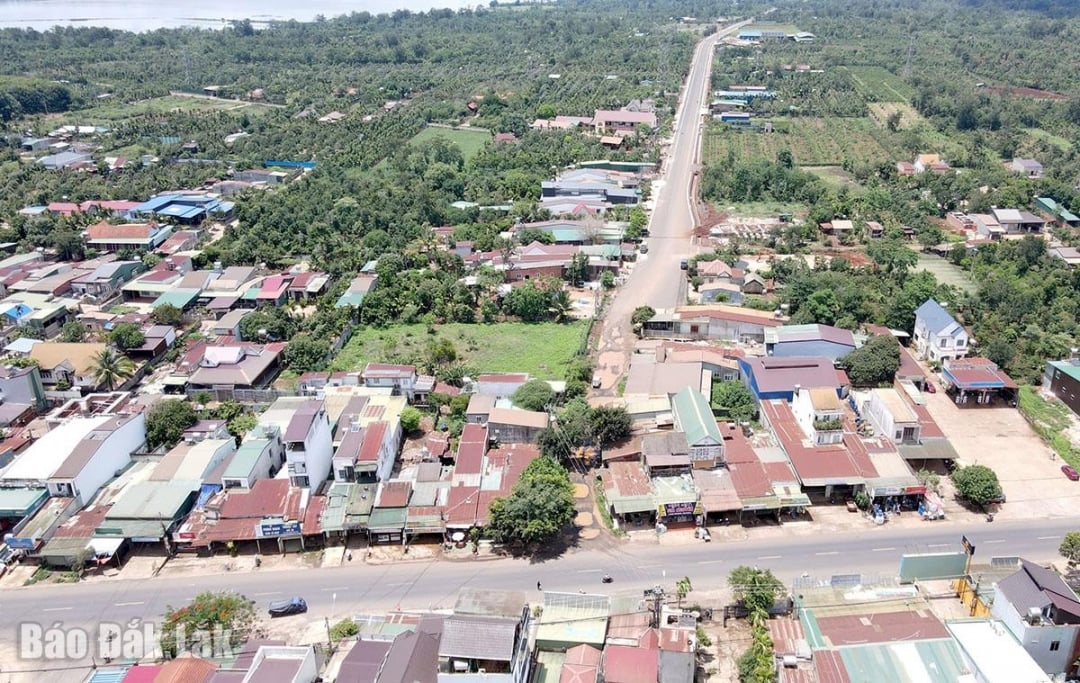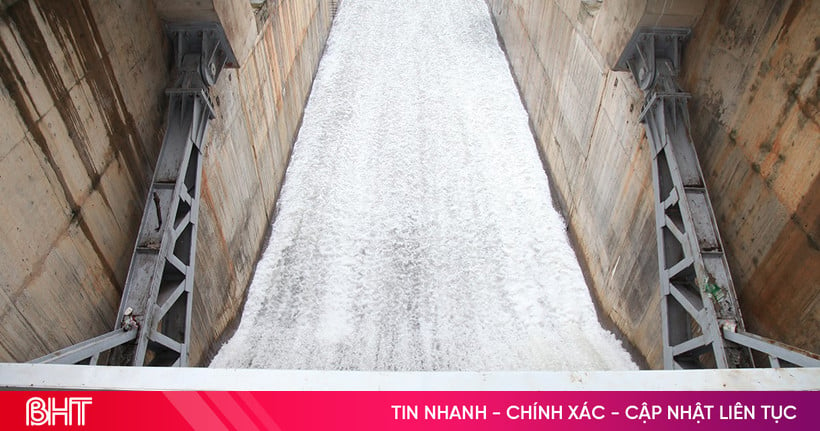 |
According to the Law on Credit Institutions, banks are not allowed to trade in real estate but are allowed to hold this property for a maximum period of 5 years to recover debt.
However, the reality is that the Land Registration Offices and the Department of Agriculture and Environment in many localities have refused to register changes and transfer ownership of secured assets to credit institutions.
These agencies require credit institutions to have a written approval of the transfer policy from the Provincial People's Committee and to carry out procedures for converting land use purposes.
This requirement, according to credit institutions, is not consistent with the nature of holding assets to handle bad debts, which is not a business activity or purchasing assets for direct use.
The failure of credit institutions to register ownership has led to many consequences.
First, the property cannot be auctioned: Because their names are not on the Land Use Rights Certificate, credit institutions cannot sell or transfer the property to the buyer themselves. Notary organizations also refuse to notarize sales contracts for this reason.
Second, deadlock with assets from the enforcement agency: For the assets received from the enforcement agency, the credit institution cannot sell them. Returning to the enforcement agency for further auction is not feasible, because the nature of these assets has gone through many failed auctions.
Third, accounting problems: According to the State Bank's regulations in Decision 479/2004/QD-NHNN, to record the value of assets in the balance sheet account (Account 387), credit institutions must have full documents proving legal ownership. Because it cannot be registered, credit institutions cannot account for this asset, making the purpose of receiving the asset unachievable.
Fourth, the risk of disputes: Even though the customer has handed over the property, legally, their debt obligations are still on the books and continue to arise. This poses a risk of disputes and lawsuits in the future, especially when real estate prices increase, the old owner can reclaim the property.
Faced with the above difficulties, the Vietnam Banking Association recommends that the Ministry of Agriculture and Environment issue a document guiding the Departments of Agriculture and Environment nationwide, allowing credit institutions to register the transfer of rights/registration of changes in real estate assets in both cases: receiving collateral through an agreement and receiving from the enforcement agency, so that credit institutions have full authority to auction the assets and transfer the name to the buyer.
After the transfer of rights/change registration is registered, the credit institution is responsible for proactively monitoring, selling, transferring or repurchasing real estate within 5 years from the date of the decision to handle the property. If the credit institution violates, it will be handled according to the provisions of law.
For the State Bank of Vietnam, the Vietnam Banking Association proposes to study and issue a document guiding the recognition of assets assigned to debt and assets received in lieu of performing obligations to guide credit institutions in accounting for real estate assets when credit institutions receive in lieu of customers' debt repayment obligations and hold collateral for 5 years and must sell, transfer or repurchase real estate to recover debt in accordance with Clause 3, Article 139 of the Law on Credit Institutions.
Guidance on risk provisioning in case a credit institution receives collateral in lieu of obligations and holds it for 5 years.
Coordinate with the Ministry of Agriculture and Environment and the Ministry of Justice to resolve the Banking Association's recommendations regarding problems with asset change registration, so that credit institutions have the right to handle assets and transfer ownership to buyers.
Source: https://baodautu.vn/ngan-hang-be-tac-voi-tai-san-nhan-ve-tu-thi-hanh-an-d353599.html




![[Photo] President Luong Cuong receives delegation of the Youth Committee of the Liberal Democratic Party of Japan](https://vstatic.vietnam.vn/vietnam/resource/IMAGE/2025/8/22/2632d7f5cf4f4a8e90ce5f5e1989194a)
![[Photo] President Luong Cuong attends special political-artistic television show "Golden Opportunity"](https://vstatic.vietnam.vn/vietnam/resource/IMAGE/2025/8/22/44ca13c28fa7476796f9aa3618ff74c4)


![[Photo] Prime Minister Pham Minh Chinh chairs the conference to review the 2024-2025 school year and deploy tasks for the 2025-2026 school year.](https://vstatic.vietnam.vn/vietnam/resource/IMAGE/2025/8/22/2ca5ed79ce6a46a1ac7706a42cefafae)
































































































Comment (0)